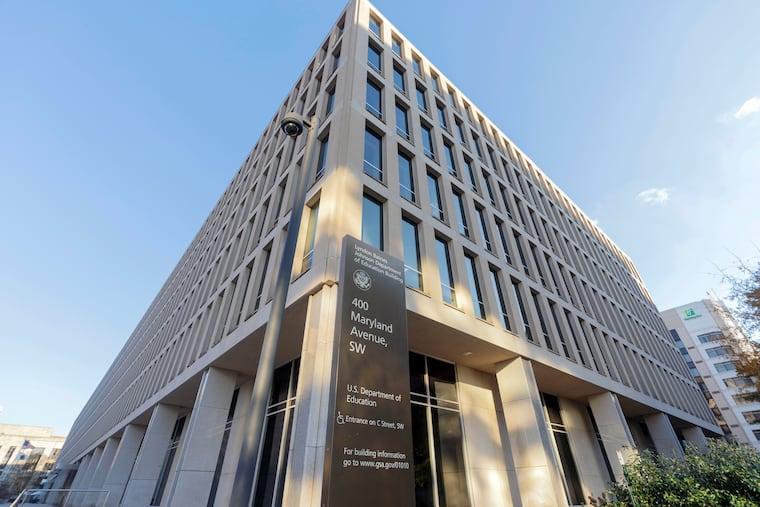New York’s deadline to implement congestion pricing extended by transportation secretary Sean Duffy.
In a recent development, Transportation Secretary Sean Duffy has issued yet another set of funding threats directed at the state of New York concerning the controversial congestion pricing initiative. This marks the third occasion in which Duffy has imposed what he described as a deadline for New York to abandon its congestion toll program, previously set against the backdrop of escalating tensions over federal-state authority.
In a letter addressed to Governor Kathy Hochul, dated Monday, Duffy outlined a new deadline of May 21 for New York to terminate the congestion toll. This toll, implemented under the 2019 Traffic Mobility Act, aims to finance specific Metropolitan Transportation Authority (MTA) projects by charging most drivers a fee of daily for entering designated areas of Manhattan, particularly Midtown and Lower Manhattan.
Duffy emphasized that federal funding, amounting to billions of dollars, is contingent on New York’s compliance with his demands. He stated that if the toll remains in effect beyond the deadline, his department will undertake significant actions, such as withholding federal authorization for highway projects in Manhattan and barring approval for initiatives under the National Environmental Policy Act. Furthermore, he declared that funding amendments from the New York Metropolitan Transportation Council would also be denied, except in cases related to safety.
This ongoing conflict highlights the broader legal and political ramifications surrounding the implementation of congestion pricing in New York. The MTA, which has already filed a lawsuit contesting the legality of federal interference in state law, has characterized Duffy’s threats as unconstitutional. Hochul has publicly defended the toll, likening the federal stance to an overreach of authority and affirming that the fee will remain until a legal verdict dictates otherwise.
Duffy’s agency first intimated it could rescind the previously authorized federal congestion toll in February, following the program’s initiation. Since then, the deadlines for compliance have undergone multiple extensions, transitioning from an initial March 21 deadline to an April 20 cutoff, and now the latest deadline of May 21.
As the MTA’s legal battle continues to unfold in Manhattan federal court, questions linger regarding the future of transportation funding in the region and the balance of power between federal and state governance in implementing transit solutions.
The stakes are high for both New York state and the federal government, as this dispute encapsulates larger debates on infrastructure funding and policy. The outcome will not only affect the MTA’s financial stability but could also influence similar initiatives across the nation. The culmination of this conflict will likely set a precedent for the interplay between federal and state authorities in transportation matters moving forward.
The situation remains dynamic, and both state and federal officials are expected to navigate this complex landscape as they seek resolutions that serve their respective constituencies effectively.
Media News Source






